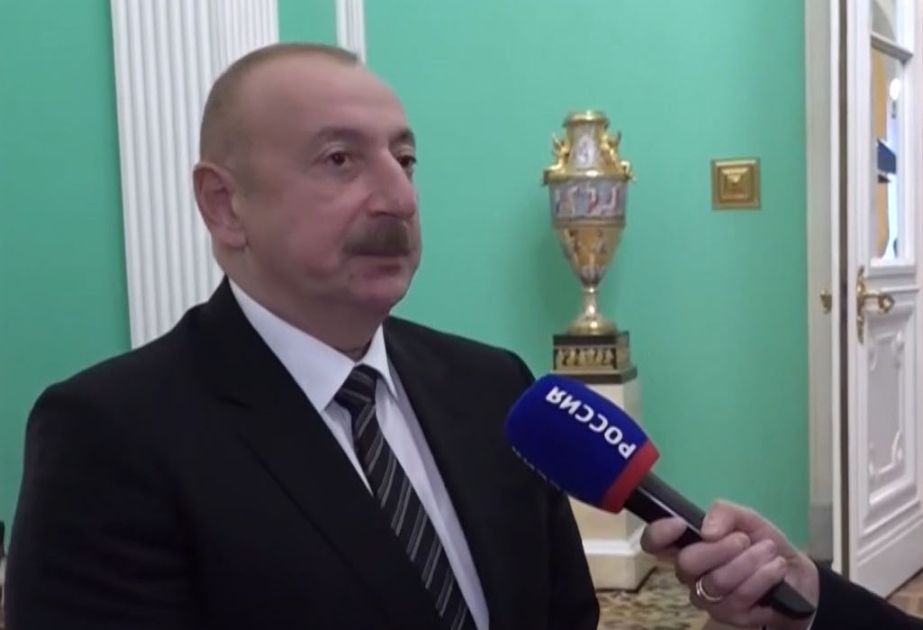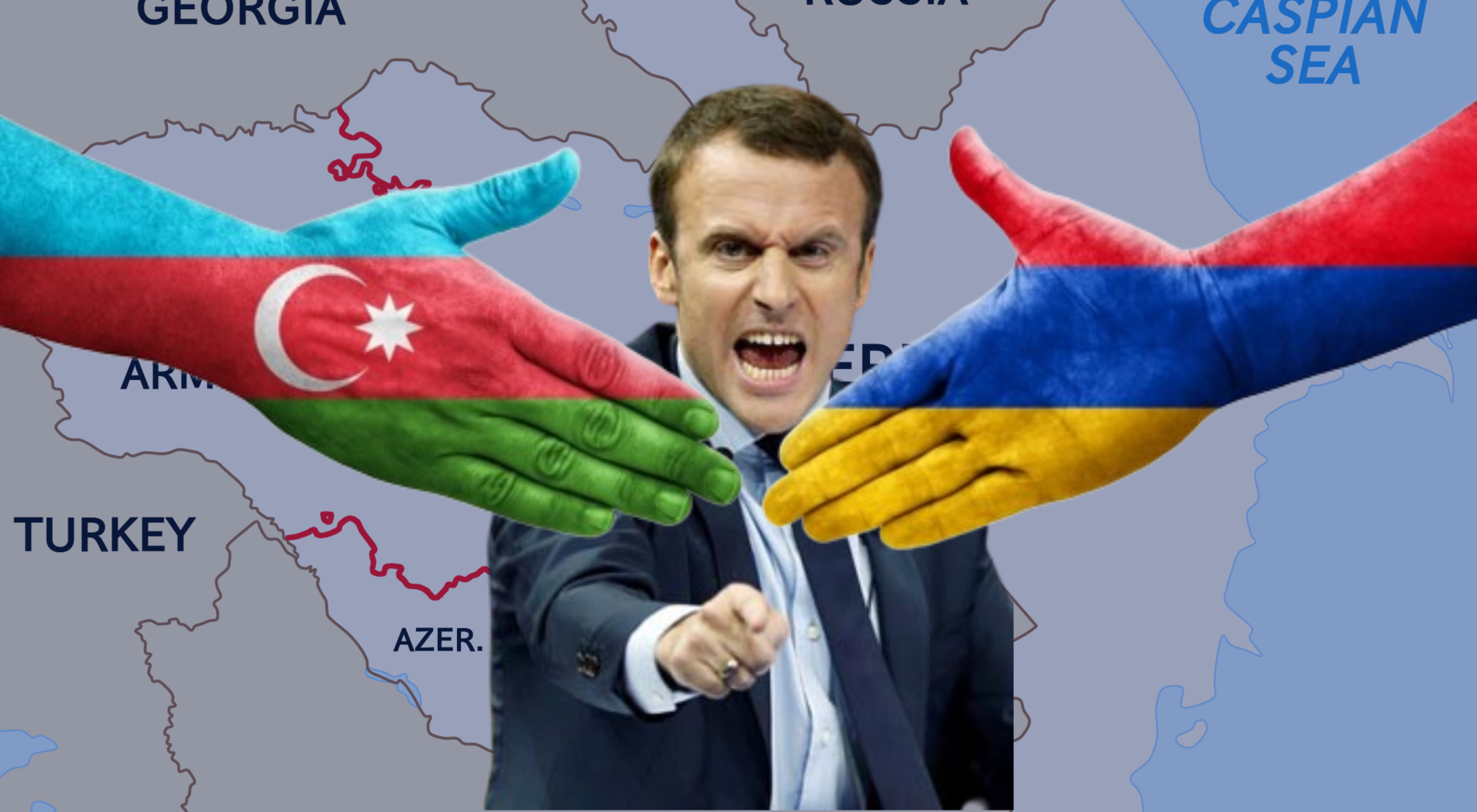Learning from history: Armenia’s risk in relying on Western promises

History has shown time and again that when strategic interests change, so too do the allegiances of global powers. Notably, in a world of shifting geopolitical alliances, Armenia's recent pivot towards the West is fraught with danger. Azerbaijani President Ilham Aliyev recently voiced this concern in an interview, highlighting a long-standing example of Western betrayal—Azerbaijan itself. As Armenia becomes increasingly dependent on Western support, it would be wise to take heed of how the United States and its allies have treated their partners in the past.
On October 8, President Ilham Aliyev, in a candid conversation with Rossiya-1 TV, recalled the imposition of U.S. sanctions against Azerbaijan in 1992 under the 907th Amendment to the Freedom Support Act, falsely accusing Baku of blockading Armenia, despite the fact that Armenian forces were occupying Azerbaijani territories. These sanctions were only lifted in 2001, when the U.S. needed Azerbaijan’s cooperation for logistics during the Afghanistan conflict. When America's interests shifted after its hasty withdrawal from Afghanistan in 2021, the sanctions were re-imposed. This, as the Azerbaijani President rightfully noted, showcased a clear pattern of ingratitude and opportunistic behaviour.

This episode serves as a stark reminder of how Western powers, especially the United States, can change their stance overnight depending on geopolitical needs. Armenia, which is now turning to the West, particularly France and the European Union, should take this historical precedent into account. Today, the West might support Armenia, but what will happen when strategic interests shift again?
This concern is not unfounded. Georgia is currently facing a similar situation. The European Parliament recently debated freezing financial assistance and imposing sanctions on Georgian officials, citing concerns over the country's democratic decline. Seven draft resolutions were prepared to this effect, and the issue of suspending visa liberalisation has been floated. Georgia, which was once touted as a key Western ally in the region, is now finding itself on the receiving end of Western displeasure. If Armenia continues on this path of relying solely on Western support, it may soon find itself in a similar position.
Moreover, France’s increasing involvement in Armenia’s affairs raises further questions. French President Emmanuel Macron has openly supported Armenia during the Francophonie summit, but how long will this support last if France’s strategic priorities change?

France's deepening interest in Armenia, while seemingly advantageous for Yerevan now, may not last forever. France’s interests in the South Caucasus are primarily driven by its geopolitical ambitions rather than genuine concern for Armenia’s well-being.
What Armenia needs to realise is that negotiating with regional powers like Azerbaijan, Türkiye, and Russia is far more sustainable than relying on faraway Western allies who have a track record of abandoning their partners. The negotiation of a peace agreement with Azerbaijan remains crucial, and Yerevan must understand that the West is unlikely to remain steadfast when faced with more pressing global interests.
Armenia’s approach to its regional neighbours, especially as it moves further into Western diplomatic circles, must be re-evaluated. The lessons from Azerbaijan’s experience with U.S. sanctions should serve as a warning. Just as Washington abandoned Baku once its utility had passed, Armenia could face the same fate if it continues to depend on Western powers without building strong regional ties.
The West has a consistent history of betraying its partners when it no longer aligns with its interests, and Armenia may be the next victim. Armenia must prioritize balancing its foreign relations to uphold the importance of regional cooperation. It is crucial for Yerevan to engage in negotiations with Azerbaijan and the wider region rather than depending on unreliable support from the West. Peace will only be achieved through regional understanding, not external interference.
The further deepening of diplomatic conflicts between Armenia and Azerbaijan only heightens the risks for both nations. Azerbaijan's pragmatic alignment with regional powers, including Türkiye and Russia, contrasts sharply with Armenia’s dependence on Western support. However, as history has shown, this Western support is not guaranteed, and Armenia may soon find itself isolated if it doesn’t reconsider its foreign policy strategy. Discussions such as between Macron and Pashinyan may seem promising today, but Yerevan must understand that peace and stability in the South Caucasus will only be achieved through regional negotiations, not fleeting Western alliances.
If Armenia genuinely seeks peace, then this is the sole viable path leading up to or during COP29, as they have been emphasizing for the past few weeks!
---
Follow us on Twitter @AzerNewsAz
Here we are to serve you with news right now. It does not cost much, but worth your attention.
Choose to support open, independent, quality journalism and subscribe on a monthly basis.
By subscribing to our online newspaper, you can have full digital access to all news, analysis, and much more.
You can also follow AzerNEWS on Twitter @AzerNewsAz or Facebook @AzerNewsNewspaper
Thank you!

